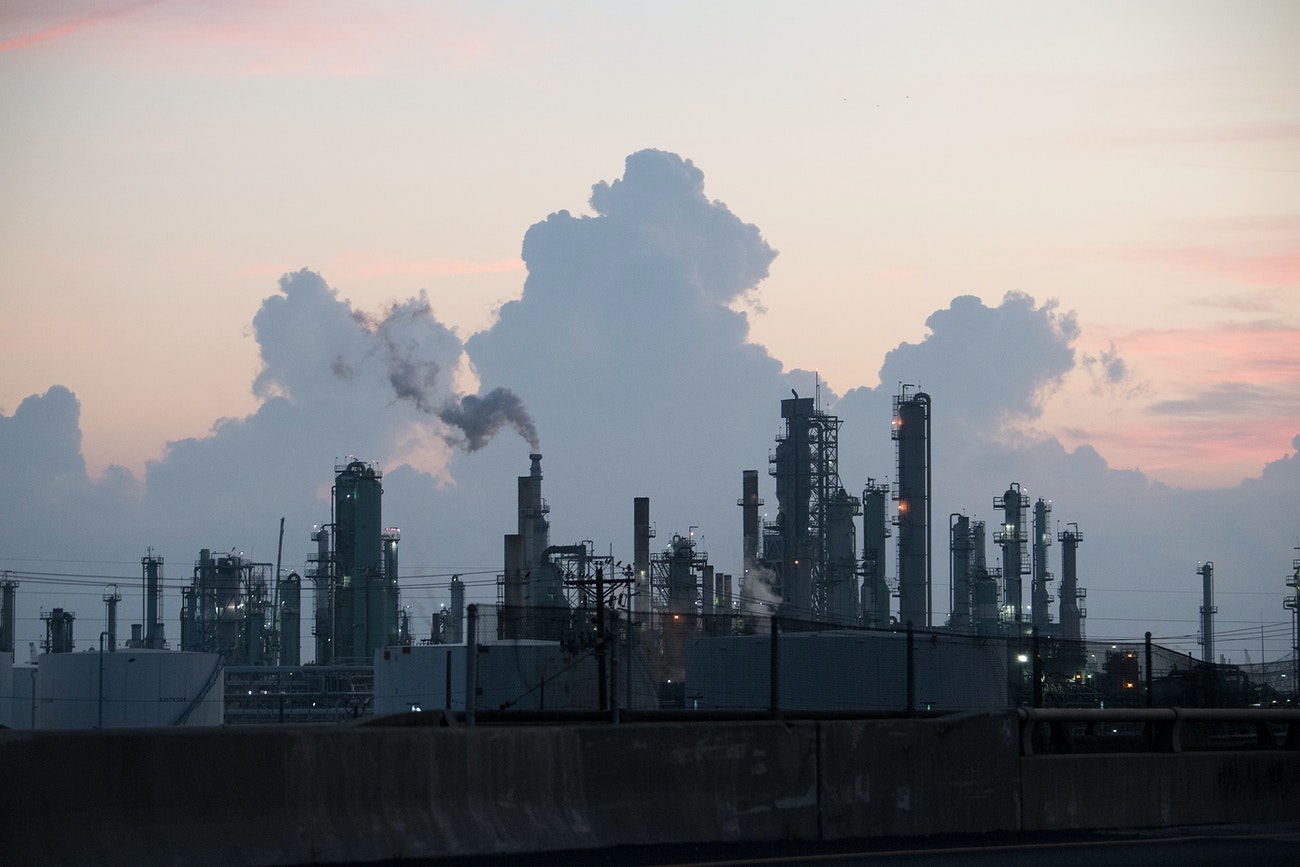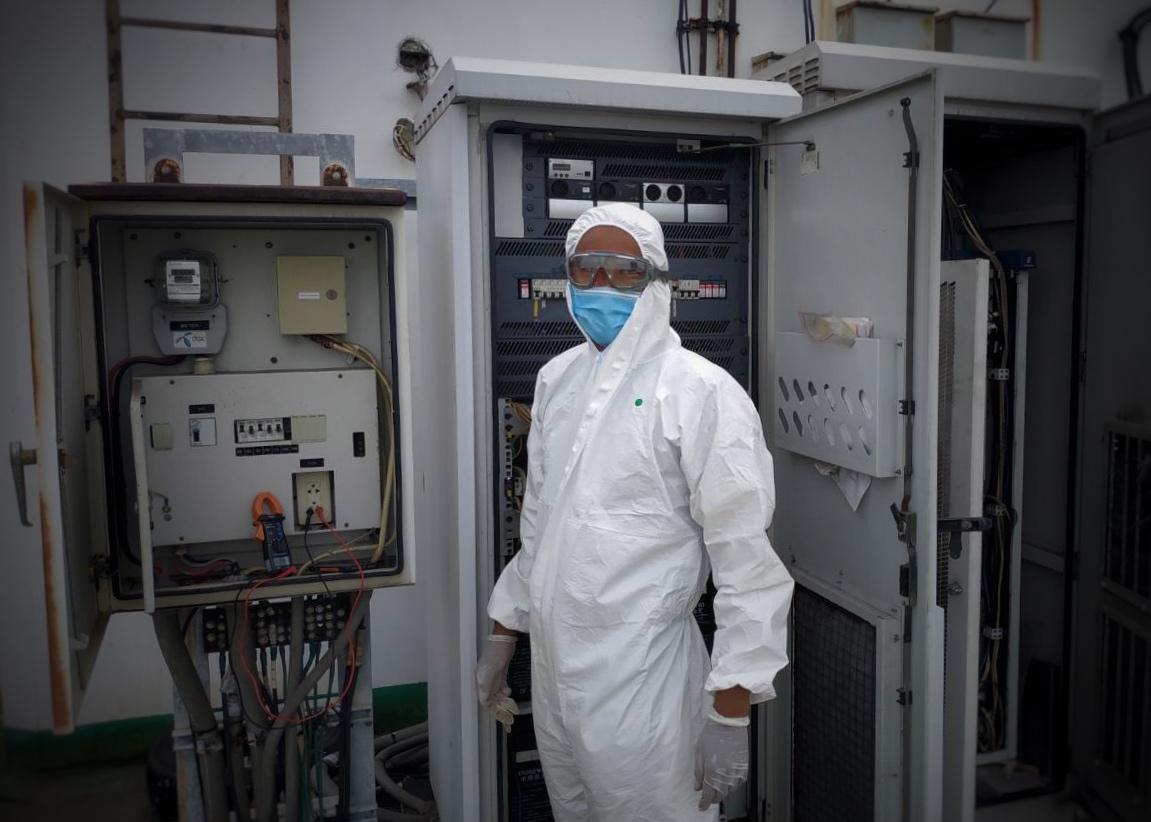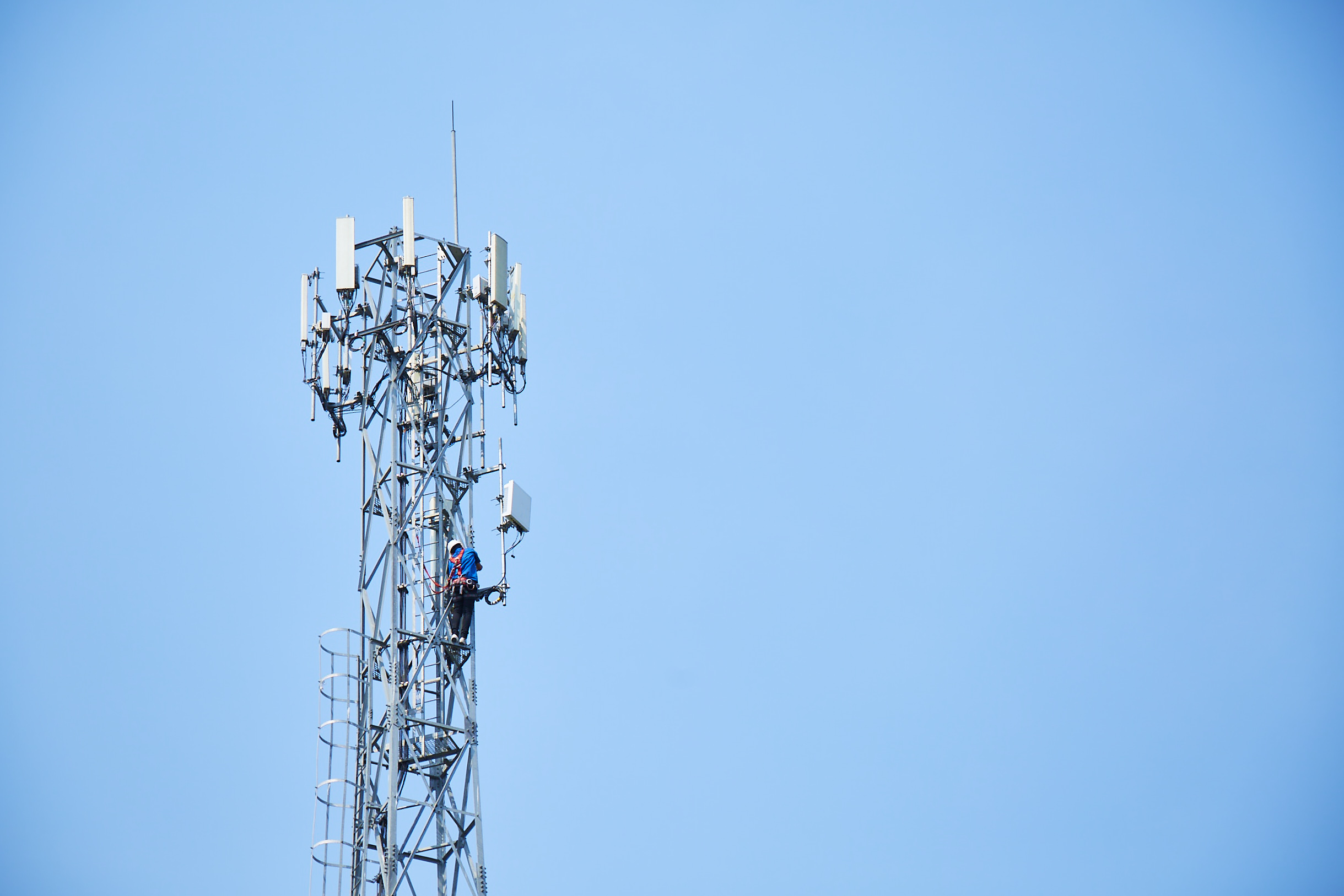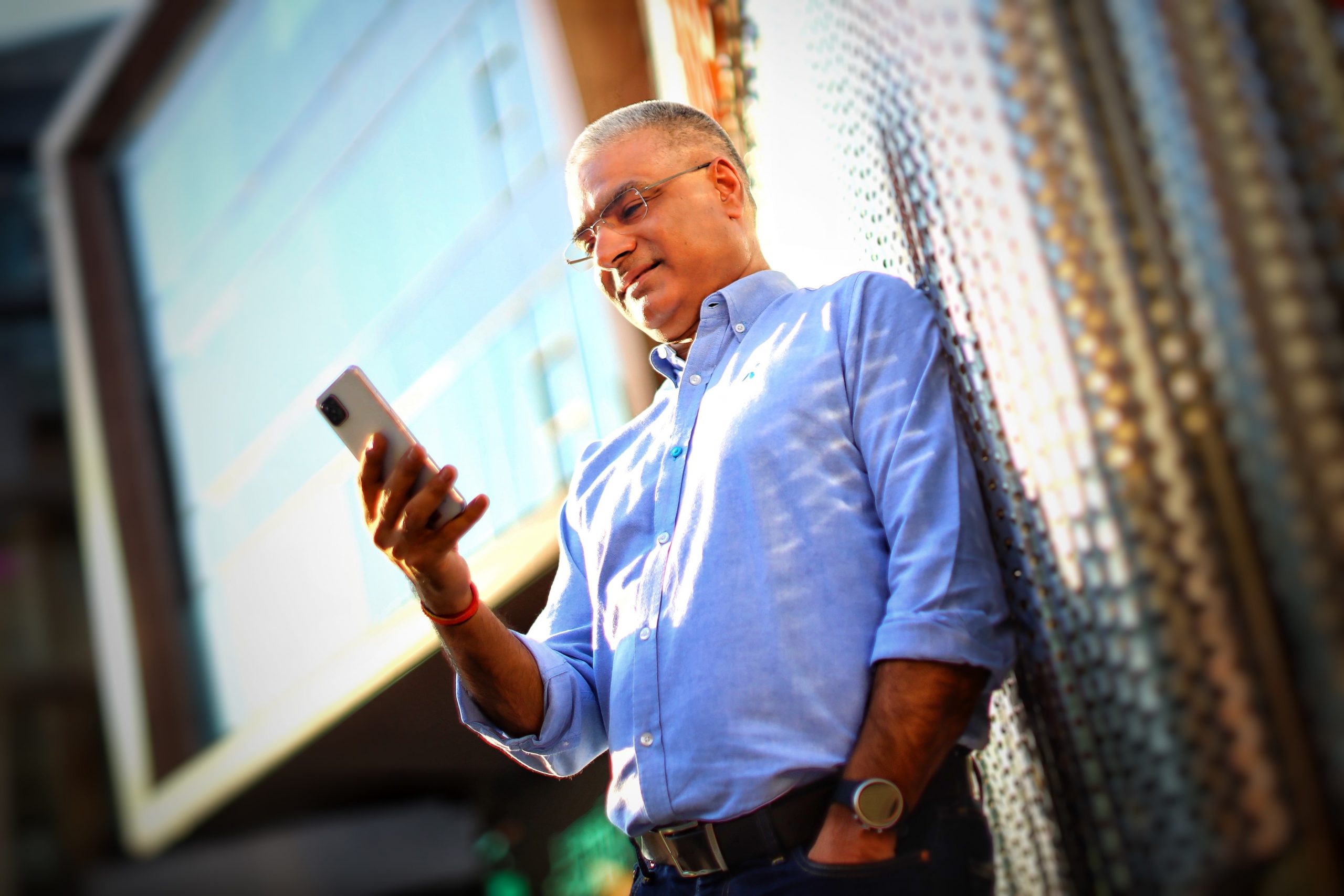Human resilience is truly inspiring. And mobile connectivity has underpinned much of society’s ability to rapidly adapt to the COVID-19 pandemic.
Within the first lockdown, dtac saw triple-digit growth in the apps our customers use to keep productive under social distancing guidelines, such as apps for video conferencing or collaboration in the cloud.
During this third wave of the epidemic, we are also seeing data usage double at field hospitals, as patients and healthcare workers rely on mobile connectivity for critical information—and to stay in touch with their loved ones.
And who could have predicted that 95 percent of dtac’s head office would be working from home one day?
But despite these examples of human resilience, businesses are not always as flexible as individuals. And Thailand is now faced with the formidable challenge of rethinking business resilience for the post-pandemic economy.
How can businesses be faster to change, less easily disrupted, and built on sustainable models that benefit all their stakeholders? We believe responsible business is the answer.

CLOSING THE DIGITAL GAP
COVID-19 accelerated the adoption of digital channels, both for private and government services. This has been an extraordinary opportunity for businesses to build their resilience by developing always-on, touch-free channels that are unaffected by lockdowns.
But it also threatens the livelihoods of brick-and-mortar shop owners and increases the risks of marginalizing people who are not digitally literate.
At dtac, we are tackling the digital gap by making a digital ecosystem for our customers that’s fun, engaging and personalized. And it’s working. Most of the dtac app’s growth in the past 12 months has been among prepaid and rural users—they have roughly doubled their usage.
Coverage is equally important to bridge the urban-rural divide. dtac is greatly improving our coverage by adding a new 700 MHz cell site every hour. This will dramatically transform the rural experience of dtac users, ensuring they can get fast internet no matter where they are.
We also have initiatives to train our customers to make the most out of their connectivity. Our Safe Internet camps teach children how to avoid online threats. And our Net for Living team finds small entrepreneurs and merchants to equip them with the skills to develop new streams of income online.
And finally, we’ve been developing solutions to help SMEs leapfrog into secure, mobile and cloud-based environments without the need for an IT team, servers or any upfront investments.
As digital access becomes increasingly critical to financial inclusion, education and healthcare access, the whole information, communication, and technology sector has a shared responsibility to ensure everyone can access digital services safely and easily.

CLIMATE IS THE NEXT CRISIS
The next disaster to strike in Thailand is unlikely to be an epidemic. But Thailand’s long coastlines, fragile agriculture system and susceptibility to extreme weather events make it highly vulnerable to the effects of climate change. Thailand ranked 9th in the long-term Global Climate Risk Index 2021. We must be careful to not lose sight of this as we grapple with COVID-19.
In addition to natural disasters’ impact on health and agriculture, extreme weather can severely disrupt supply chains—and not just locally. For example, in 2011, floods in Thailand led to a global shortage of hard drives for months.

As a mobile operator, we cannot afford any downtime. Mobile connectivity is the backbone of economic activity. And dtac has put in place remote work solutions that allow us to continue operations even if we must shut down our headquarters and call centers. We also shortened our supply chains in the provinces and increased our retailers use of digital channels.
Longer term, dtac has committed to cutting its greenhouse gas emissions in half by 2030, in line with the Science Based Targets Initiative (SBTi) climate targets to meet the Paris Climate Agreement target of limiting global warming to 1.5°C above pre-industrial levels.
Here, too, greenhouse gas emissions reduction requires a broader push from all businesses, as the cost of such efforts will be far lower than the future cost to society of global warming.

THE BIG PICTURE
dtac takes a holistic view of responsible business that brings together compliance, data privacy, supply chain sustainability, digital upskilling, climate change, human rights and the health and safety of our workers into one single platform for change—not just for us, but for all our stakeholders.
By contrast, organizations with low environmental, social and governance standards are the least resilient in case of a crisis. Their exposure to economic and reputational risks is a threat to their resilience even during the best of times, but it can be a death sentence in times of crisis.
At dtac, we believe that each pillar of our responsible business foundation strengthens our competitive advantage as a mobile provider our customers can trust. Being a good corporate citizen underpins dtac’s very right to operate and our purpose to advance society.






